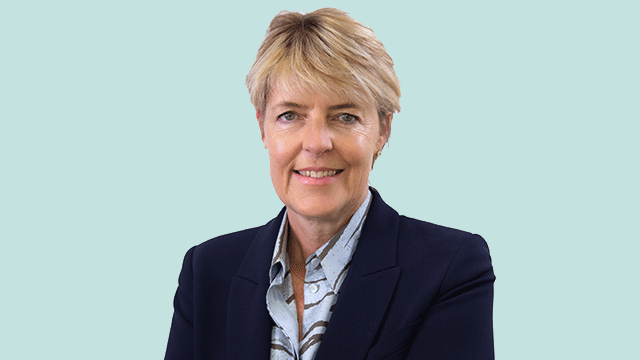Companies saw the need to expand their property management provision during the recession in order to compensate for poorly performing investments. As a result, today the role of the property manager now encompasses more than facilities management to incorporate asset management.
Tony Bones, managing director of Tideway Investment Management, says: “As it became more difficult to achieve acceptable investment returns primarily by holding assets, asset management came to the fore. And the bedrock of successful asset management is high-quality property management.”
Simon Halls, director of Wildheart, finds that his team is now called upon to provide more diverse services for clients. He says: “A number of our investors have built successful businesses by acquiring distressed assets but these inevitably bring with them issues and challenges that weren’t commonplace pre-recession. We now often have to revisit planning and construction issues that were previously completed before we became involved.”
From a recruitment point of view, Tim Robinson, head of property asset management at Knight Frank, is seeing a lot of CVs arrive on his desk from potential candidates who want to do “something that includes asset management”.
Robinson says: “Asset management should follow on from property management. Property managers are the best source of information. We are in a positive phase where people want to grow their businesses (asset management), and facilities managers pick up lots of relevant information.”
Mixing it up
Another key trend is the blurring of the lines between commercial and residential management. David Rowling, head of commercial property management at Eddisons, says: “More mixed-use schemes are being developed and these require more proactive management and a managing agent who has knowledge of both commercial and residential management. There’s a grey dividing line now between the two specialities.”
Howard Bottomley, director of Tenant Assistance Program, sees residential property management as a part of the property manager’s remit in the future. ?But he points to potential challenges, saying: “The private rented sector is far more attuned to occupiers’ needs than commercial property management is.
“For repeat business you have got to be nice to people. The industry also needs to think about brands. Accountancy firms such as PwC are household names, whereas property companies are not as known. Large firms are now having to think about raising their profiles.”
The shift towards mixed-use schemes leads to a greater focus on social engagement. This is key for Broadgate Estates, which manages such schemes as Broadgate, East Village, King’s Cross and Paddington Central. The mix of uses that these encompass means that while the core of property management remains the same, attention to events also plays a part. As a result, employing people from different backgrounds, such as retail or marketing is more important.
Steve Whyman, managing director of Broadgate Estates, says: “Creating a sense of place is the most important thing. We are providing a service that involves innovating around our clients.”
PMs work smarter with technology
The recession led to a drive to cut property management costs, and many property managers increased their efficiency by installing improved technology to support property management platforms.
From iPads to accessing live financial data and social media, technology is changing the way property managers and clients carry out their daily business. It gives property managers more time to interact with clients and to put people at the heart of property management.
Ronan Gallagher, head of property accounts at Deloitte LLP, says: “With the iPad, landlords have direct access to KPIs, up-to-date rent payment schedules and arrears reporting.”
Howard Bottomley, director of Tenant Assistance Program, is seeing more of a “click and collect” mentality, whereby clients retrieve information rather than wait for agents to e-mail it. TAP will be delivering information through a work mail service via an application with a password and code. Bottomley hopes this will free up their PMs’ time, explaining: “They should be looking at properties all the time, so PM becomes more of a relationship role.”
John Redfern, director at property manager and investor Collier & Madge, says: “Moving the platform to give tenants access to live financial data enhances the transparency of property management and assists owners in attaining their goals.”
Contracting out: pros and cons
Are there more in-house management teams? Or is it better to contract out?
A current trend is for organisations to have a lot of property managers on their books as a result of mergers and acquisitions. One Knight Frank client had 17 property managers reporting to them and wanted to bring this number down to three or four.
Tim Robinson, head of property asset management at Knight Frank, thinks two or three property managers are ideal. He says: “If you only employ one, how hungry will they be for the work? With two or three, PMs will be hungrier, so clients are going towards this model.”
Tony Bones, managing director of Tideaway Investment Management, says: “The type, location and size of property to be managed will influence the initial consideration. For example, many of the large real estate firms focus on commercial property management and tend not to manage residential directly, subcontracting that out to specialists.”
And Mark Jarrett, head of professional services at Colliers, adds: “Large corporates still outsource their estates function, retaining a small number of staff to manage the relationship with the supplier.”
Carl Grint, head of property management at Aitchison Raffety, says: “On an asset management level, feeling in control of implementing strategies is still important. It’s always about a safe pair of hands when dealing with day-to-day management and firms want someone who will handle the raft of legislation involved.”











